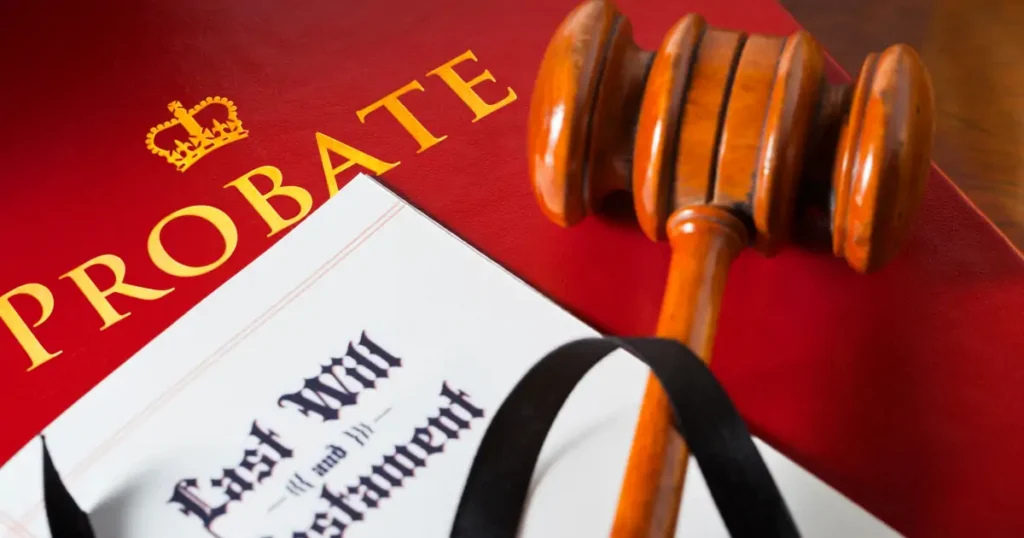Understanding the Role of an Executor in Texas Probate
The executor plays a crucial role in the probate process, responsible for managing the deceased's estate, ensuring that debts are paid, and distributing assets according to the will. This role requires a clear understanding of Texas probate laws and the ability to navigate complex legal requirements.
In Texas, the executor is typically named in the will and must be approved by the probate court. Their duties include gathering the estate's assets, notifying creditors, filing necessary documents with the court, and ultimately distributing the remaining assets to beneficiaries. Failure to fulfill these responsibilities can lead to legal complications or personal liability.
Common Mistakes to Avoid in Estate Planning
Estate planning is essential for ensuring that your wishes are honored after your passing, yet many individuals make critical mistakes that can lead to disputes or unintended consequences. Common pitfalls include failing to update beneficiary designations, not having a will, or overlooking tax implications.
For instance, neglecting to review your estate plan after major life events—such as marriage, divorce, or the birth of a child—can result in outdated provisions that do not reflect your current intentions. Working with an experienced attorney can help identify these issues and ensure your estate plan is comprehensive and tailored to your needs.
What to Expect During the Texas Probate Process
The Texas probate process can be daunting for those unfamiliar with legal procedures. Understanding what to expect can alleviate some of the stress associated with settling an estate. The process typically begins with filing the will and an application for probate in the appropriate court.
Once the court validates the will, the executor is appointed and can start managing the estate. This includes notifying heirs, inventorying assets, paying debts, and ultimately distributing the remaining assets. The timeline for probate can vary widely depending on the complexity of the estate, ranging from a few months to several years.
Exploring Alternatives to Traditional Probate
Many individuals seek alternatives to traditional probate to simplify the transfer of assets and reduce costs. Options such as establishing a living trust or utilizing joint ownership can help avoid the lengthy probate process altogether.
For example, assets placed in a living trust can be transferred directly to beneficiaries upon death without going through probate, providing a quicker and often more private means of asset distribution. Understanding these alternatives can empower individuals to make informed decisions about their estate planning strategies.










